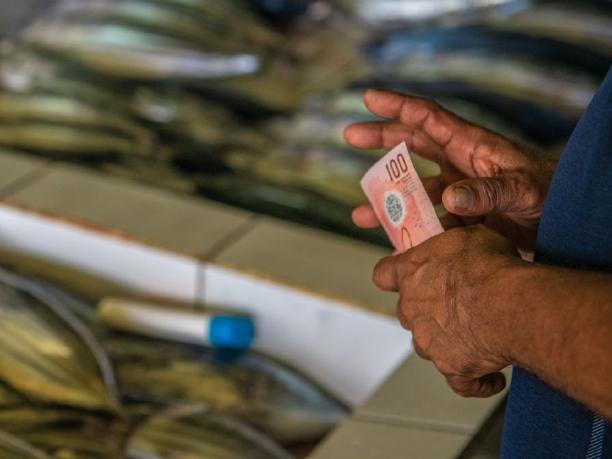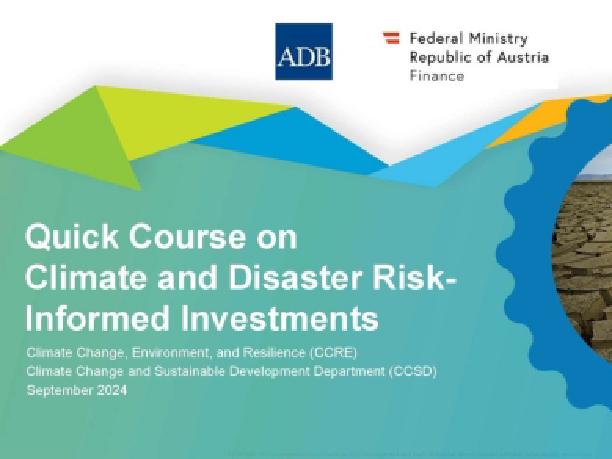Maldives

Boosting Small Businesses and the Blue Economy
ADB, Austria, Canada, and Japan are providing the Bank of Maldives with a financing package for the recovery of small businesses and investments in sustainable blue economy projects.
Listen to the article
Austria, as a shareholder at ADB, is represented by the Federal Ministry of Finance, which aligns its cooperation with development banks, funds, and facilities based on its Strategic Guidelines for International Financial Institutions, adhering to the objectives of the Three-Year Program on Austrian Development Policy.
The latest development policy for 2022–2024 aimed to promote sustainable development, social and political stability, and align with the UN’s Agenda 2030 and its Sustainable Development Goals. This policy addressed global challenges such as the socioeconomic impacts of the COVID-19 pandemic, climate change, and migration and refugee issues. Strategic priorities included combating poverty through economic and social development, promoting peace and human security, and preserving the environment and natural resources. Key thematic areas included water, energy, food security, vocational training, health, sustainable economy, humanitarian aid, democratic governance, women’s equality, and climate resilience, among others. The policy aims to create sustainable life perspectives for people in vulnerable regions and ensure that no one is left behind. Austria’s cooperation with ADB focuses particularly on climate protection, urban development, and railways.
Austria is a founding member of ADB and has, since 1966, committed $329.9 million to ADB special funds. Of this commitment, $310.3 million is for the Asian Development Fund (ADF). The ADF provides grants to ADB’s low-income, developing member countries to help reduce poverty and improve quality of life.
Three-Year Programme on Austrian Development Policy 2022–2024
Strategic Guideline of the Federal Ministry of Finance (BMF) for IFIs
3 May 2024
Donors and ADB have agreed to a replenishment of $5 billion for ADB’s Asian Development Fund 14 and Technical Assistance Special Fund 8. The commitment was made during ADB’s 57th Annual Meeting.
ADB and Austria collaborated on several knowledge products including the following:

This quick course builds capacity for climate and disaster risk–informed investments by helping public and private sector actors apply risk data in decision-making. Drawing from a regional workshop with 10 ADB developing member countries, it highlights tools, strategies, and insights to strengthen resilience through smarter, risk-aware investments.
Active trust funds are those a) with ongoing projects; or b) with no active projects but have remaining funds.
Austria contributes to ADB’s development initiatives through two key avenues: Cofinancing and Special Funds.
Sovereign Cofinancing. In 2024, Austria committed an additional $1.1 million to a regional technical assistance (TA) to strengthen innovation initiatives on integrated urban mobility. It has previously committed $1.2 million to the same TA in 2022 and 2023.
Nonsovereign Cofinancing. The Trade and Supply Chain Finance Program (TSCFP) supported over 320 transactions valued at $215.5 million with banks domiciled in Austria from 2009 to 2024. During the same period, the TSCFP supported over 150 Austrian exports and/or imports valued at $49.2 million. In 2024 alone, the TSCFP supported a transaction valued at $1.0 million with banks domiciled in Austria and supported 19 Austrian exports and/or imports valued at $3.6 million. Exports and/or imports were mainly to/from Bangladesh, Viet Nam, and Mongolia. Underlying goods involved mostly food and agriculture-related goods, industrial machinery and capital goods, as well as raw and non-energy commodities.